 W
WFerhat Abbas was an Algerian politician who acted in a provisional capacity as the then yet-to-become independent country's Prime Minister from 1958 to 1961, as well as the first President of the National Assembly and the first acting Chief of State after independence. His political views evolved from pro-French collaboration to those of a revolutionary nationalist, over a period of approximately twenty years.
 W
WAbderrahmane Taleb, also known by his wartime pseudonym Mohand Akli, born on 5 March 1930 in the Casbah of Algiers, was the artificer of the Autonomous Zone of Algiers during the Battle of Algiers. He was guillotined on 24 April 1958 at the Barberousse Prison in Algiers.
 W
WAmirouche Aït Hamouda, commonly called Colonel Amirouche, was a leader in the Algerian War, organizing the irregular military of the Wilaya III. He is considered a national hero in Algeria.
 W
WAli Ammar, better known by his nickname Ali la Pointe, was an Algerian revolutionary fighter and guerrilla leader of the National Liberation Front who fought for Algerian independence against the French colonial regime, during the Battle of Algiers.
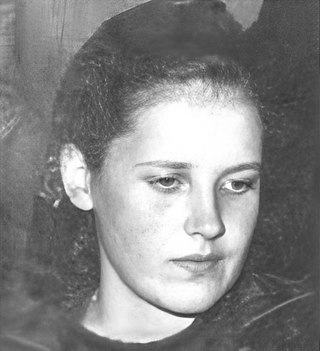 W
WDanièle Minne was one of the few European women convicted of assisting the FLN during the Algerian War. Her mother Jacqueline Netter-Minne-Guerroudj and her stepfather Abdelkader Guerroudj, were both condemned to death as accomplices of Fernand Iveton, the only European who was guillotined for his part in the Algerian revolt. Her mother was never executed, partly due to a campaign on her behalf conducted by Simone de Beauvoir; her stepfather was also freed.
 W
WMaurice Audin was a French mathematics assistant at the University of Algiers, a member of the Algerian Communist Party and an activist in the anticolonialist cause, who died under torture by the French state during the Battle of Algiers.
 W
WCrown Prince Nguyễn Phúc Bảo Long was the eldest son of Bảo Đại, Vietnam's last emperor. He headed the House of Nguyễn Phúc from 30 July 1997 until his death.
 W
WMohamed Belouizdad, was an Algerian militant and chief "responsible" (manager) of Special Organisation (OS), the military branch of the Algerian People's Party, (PPA).
 W
WBoualem Bessaïh was an Algerian politician and writer. He was Minister of Foreign Affairs of Algeria from 1988 to 1989 and President of the Constitutional Council from 2005 to 2012. He was a professor of letters and human sciences at the University of Algiers.
 W
WDghine Benali, commonly known as Colonel Lotfi, was born on 5 May 1934 in Tlemcen in Algeria. Benali was an Algerian leader in the Algerian War, organising the Wilaya V from 1958 to 1960. He first worked as a Political leader with the National Liberation Front then moved to fighting in battlefield; he was killed in Béchar by French troops in 1960
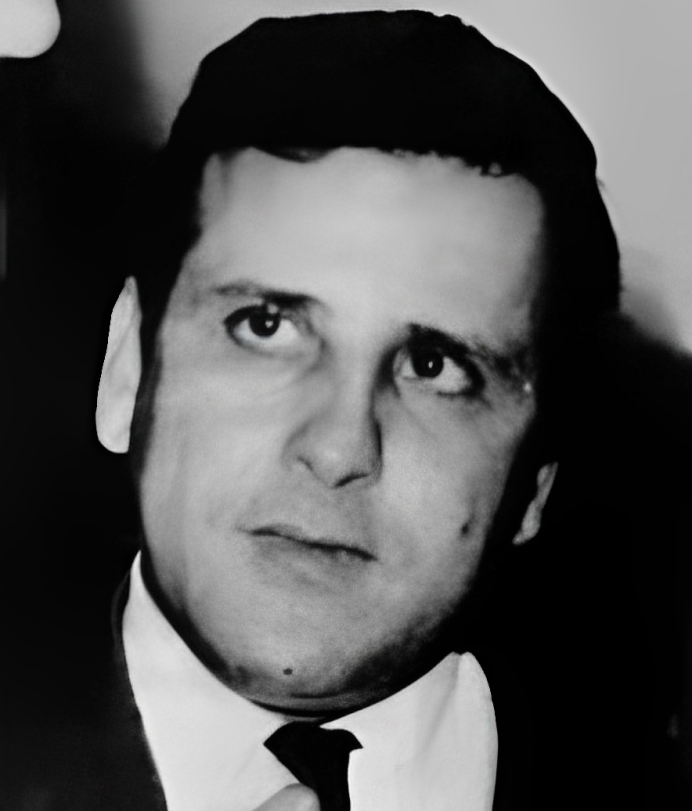 W
WMohamed Boudia was an Algerian poet and a senior member of the Popular Front for the Liberation of Palestine (PFLP). He was assassinated in Paris by a car bomb placed under his seat by Mossad agents as part of Operation Wrath of God. At the time of his assassination, Boudia was the Chief of PFLP operations in Europe. Boudia was replaced by Michel Moukharbal.
 W
WDjamila Boupacha is a former militant from the Algerian National Liberation Front. She was arrested in 1960 for attempting to bomb a cafe in Algiers. Her confession, which was obtained by means of torture and rape, and her subsequent trial affected French public opinion about the methods used by the French army in Algeria after publicity by Simone de Beauvoir and Gisèle Halimi. Boupacha was sentenced to death on June 29, 1961, but was given amnesty under the Evian Accords and later freed on 21 April 1962.
 W
WPierre Chaulet was a French doctor who worked with the FLN during the Algerian War. He performed secret operations on FLN fighters and sheltered the FLN leader Ramdane Abane. Eventually his cover was blown and he was expelled to France. Chaulet and his wife, Claudine, rejoined the FLN in Tunisia where he continued to work as a doctor and to write for the FLN paper, El Moudjahid.
 W
WZohra Drif Bitat is a retired Algerian lawyer, moudjahid, and the vice-president of the Council of the Nation, the upper house of the Algerian Parliament. Drif was born in Tissemselt, Algeria, part of the province of Tiaret, where her grandfather was an imam and her father served as a lawyer and judge in Tiaret. She is best known for her activities on behalf of the National Liberation Front (FLN) during the Algerian War of Independence.
 W
WLéon-Étienne Duval was a French prelate and cardinal. He served as Archbishop of Algiers from 1954 to 1988, and was elevated to the cardinalate in 1965.
 W
WMalika Gaïd (1933–1957) was an Algerian nurse who joined the National Liberation Army (ALN) to care for the wounded and to fight for independence from the French during the Algerian War in 1955. In June 1958, she was shot dead by a French soldier while defending the wounded in a cave near M'Chedallah. Gaïd is now remembered as one of the heroic martyrs of Algerian independence. Along with other martyrs, she was commemorated in a series of postage stamps in 2019.
 W
WRoger Gavoury was Divisional Commissaire of the French National Police and Central Commissaire of Algiers, in addition to duties associated with French Morocco.
 W
WJean-Baptiste Gourion, O.S.B. was a French Catholic Benedictine monk and auxiliary bishop from 2003 until his death in 2005.
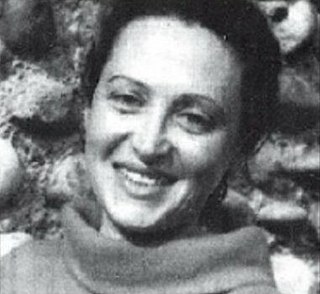 W
WJacqueline Netter-Minne-Guerroudj was a Frenchwoman condemned to death as an accomplice of Fernand Iveton during the Algerian War. She was never executed, partly due to a campaign on her behalf conducted by Simone de Beauvoir.
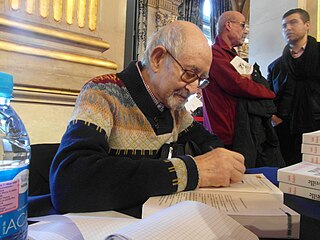 W
WSadek Hadjerès is an Algerian communist.
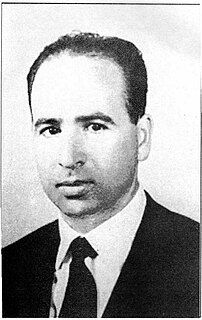 W
WKrim Belkacem was the historic leader of the National Liberation Front during the Algerian War. As vice-president of the GPRA, he was the sole signatory of the Évian Accords on the Algerian side. After the 1965 coup d'état, he went into exile and was assassinated in Germany in 1970.
 W
WYves Lacoste is a French geographer and geopolitician. He was born in Fes, Morocco. In 1976 he established the French geopolitical journal Hérodote and published a work that shook the French academy, La Géographie ça sert d'abord à faire la guerre; its central thesis was that "geography was a form of strategic and political knowledge, central to the military strategy and the exercise of political power". Lacoste had earlier earned international renown in 1972 during the Vietnam War by publishing a spatial forensics analysis of the US bombing campaign of the Red River Delta. He agreed with claims from the North Vietnamese government that the US was deliberately targeting the hydrological infrastructure of the river in an attempt to trigger flooding and cause mass civilian casualties, which it called a war crime.
 W
WJean Lacouture was a journalist, historian and author. He was particularly famous for his biographies.
 W
WPierre Lagaillarde was a French politician, and a founder of the Organisation armée secrète (OAS).
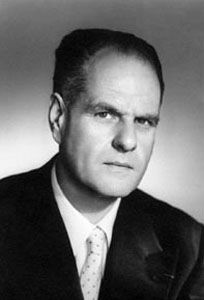 W
WRoland Laudenbach was a French writer, editor, journalist, literary critic and scenarist. He had right-wing political beliefs aligned with the Action Française. After World War II he supported keeping Algeria part of France and saw the 1962 recognition of Algerian independence as a betrayal of the people by Christian and Socialist leaders. He edited or contributed to various literary and political magazines, wrote several novels, and wrote scripts and screenplays for numerous films.
 W
WMeriem Bouattoura, nicknamed Yasmina, was a freedom fighter of the war of Algeria. She was born on January 17, 1938 in N'Gaous and died in Constantine.
 W
WRaymonde Peschard was an Algerian social worker and freedom fighter during the Algerian War of Independence. She was first a member of the Algerian Communist Party but joined the National Liberation Army after being falsely accused of planning the Milk Bar Café bombing with Zohra Drif. While a member of the ALN, she adopted the codename "الطاووس," meaning peacock in Arabic.
 W
WTristan Tzara was a Romanian and French avant-garde poet, essayist and performance artist. Also active as a journalist, playwright, literary and art critic, composer and film director, he was known best for being one of the founders and central figures of the anti-establishment Dada movement. Under the influence of Adrian Maniu, the adolescent Tzara became interested in Symbolism and co-founded the magazine Simbolul with Ion Vinea and painter Marcel Janco. During World War I, after briefly collaborating on Vinea's Chemarea, he joined Janco in Switzerland. There, Tzara's shows at the Cabaret Voltaire and Zunfthaus zur Waag, as well as his poetry and art manifestos, became a main feature of early Dadaism. His work represented Dada's nihilistic side, in contrast with the more moderate approach favored by Hugo Ball.
 W
WYoucef Zighoud, also known as Colonel Si Ahmed, was an Algerian FLN party fighter during the Algerian War. On August 20, 1955, he planned a resistance and struggle against the French occupation in Philippeville and surroundings, which led 123 French soldiers to death. That resistance led to harsh crackdown and repression that caused (officially) 1,239 dead in the Algerian side, and (unofficially) 12,000 according to the FLN party. Zighoud, from whom the town of Zighoud Youcef takes its name, was killed in Sidi Mezghiche during a clash with the French Army.
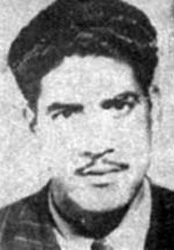 W
WAhmed Zabana was an Algerian militant who participated in the outbreak of the Algerian War. He was executed by guillotine on June 19, 1956, in Algiers.